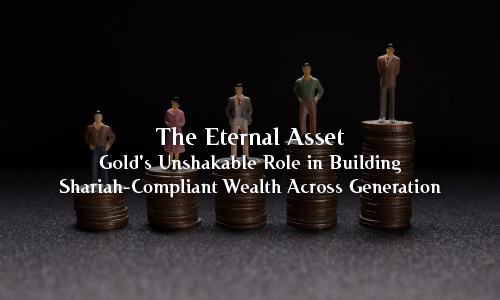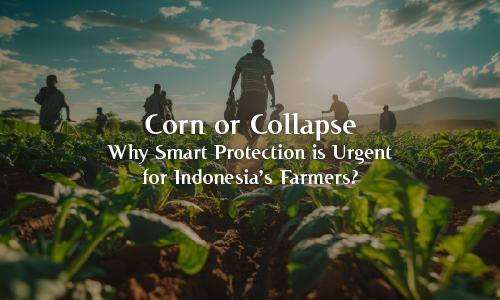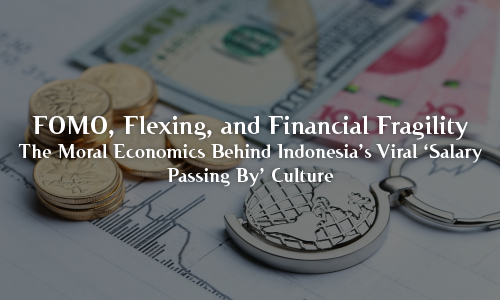
Summary: This paper explores the long-term prospects of gold investment (2025–2035) through the lens of Islamic economics. Gold has historically served as a reliable store of value and a safe-haven asset, particularly during periods of financial instability and inflation. In Islamic finance, gold holds additional significance as a means to fulfill the objective of ḥifẓ al-māl (wealth preservation) while maintaining adherence to Shariah principles. The study analyzes historical price trends, constructs scenario-based forecasts, and evaluates the role of gold in Islamic financial instruments such as zakat, waqf, and sukuk emas. It also identifies key challenges—such as volatility, transaction uncertainty, and lack of passive income—and offers Shariah-compliant strategies to address them, including dollar-cost averaging, portfolio diversification, and use of Islamic financial products. A comparative analysis with other Islamic investment vehicles—such as real estate, Shariah-compliant stocks, and mutual funds—positions gold as a crucial yet complementary asset. The findings affirm that, when managed within a Shariah framework, gold investment not only contributes to long-term financial resilience but also aligns with ethical and social imperatives of Islamic economic thought.
Introduction
Gold has long been regarded as a unique and resilient investment vehicle. Beyond its aesthetic allure, gold plays a pivotal role in the global financial system, especially as a safe-haven asset and a store of value during inflationary periods. In Islamic finance, gold investment transcends mere financial gain; it is inherently tied to religious obligations, particularly the preservation of wealth (ḥifẓ al-māl) and adherence to ethical transactional principles (muʿāmalah) rooted in Shariah. This paper investigates the trajectory of gold as a long-term investment from 2025 to 2035, analyzing historical price trends, forward-looking growth scenarios, and its integration within Islamic financial instruments such as zakat, waqf, and sukuk emas (Islamic gold bonds). The analysis provides strategic recommendations for Muslim investors navigating both opportunities and challenges in gold-based portfolios.
Read More Article

















